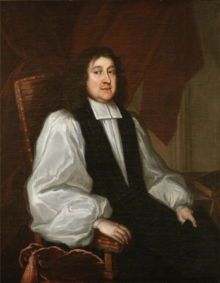"Peculiar austerity and mortification": Le Mesurier's Bampton Lectures against 'The Weird'

Turning to Le Mesurier's third 1807 Bampton Lectures, On the Nature and Guilt of Schism , we encounter an aspect of his lectures identified by Nockles : Anti-asceticism remained a feature of one element of Orthodox spirituality up to the eve of the Oxford Movement and beyond. It found expression in the High Churchman Thomas Le Mesurier's Bampton Lectures in 1807. While too easily regarded by post-Oxford Movement Anglicans as evidence of the worldliness of Anglicanism during the long 18th century (which itself, of course, is a result of assault on the 18th century church by Tractarian histories), this critique of excessive asceticism - and of attaching too great a significance to ascetic practices - remains a wise and prudent aspect of Old High teaching. It echoes the Apostle's rebuke of those who reject that "which God hath created to be received with thanksgiving" (I Timothy 4:2). As Le Mesurier emphasises, a determination not to give undue significance to ascet...





